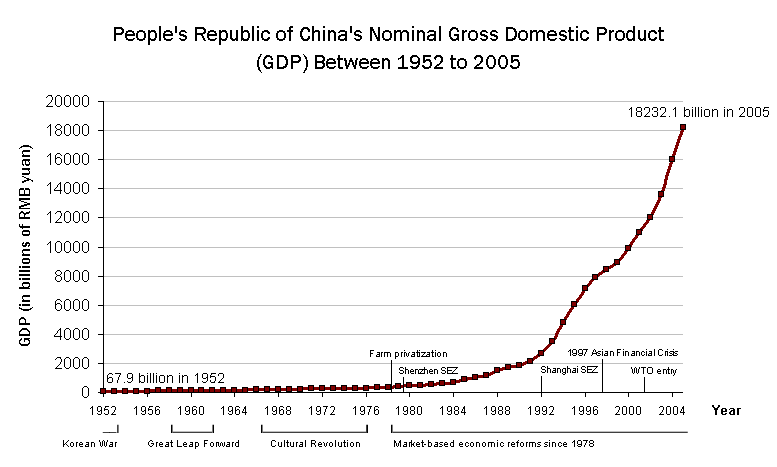Close window | View original article
The Commanding Heights: A Book Review 4
The road we're on.
As we draw to a close our discussion of the book The Commanding Heights: The Battle for the World Economy (TCH) by Daniel Yergin and Joseph Stanislaw, we've explored the ongoing conflict between those who think government should be in overall charge of the economy and those who prefer private independence and enterprise. We've also discussed how globalization exacerbated the difference between government-run economies and market-based economies. Yet, despite the clear cost of overregulation and socialism, voters keep choosing them!
So let's draw some conclusions.
Conclusions
Having government manage the economy is an extremely attractive idea. People feel safe working for the government and politicians enjoy being able to find jobs for otherwise unemployable friends and relatives. Without incentives, however, without the threat of bankruptcy, there’s no reason for anyone to work particularly hard or to take the risk of introducing new products. The choice comes down to economic stagnation or economic growth.
 |
| Deng's numbers speak for themselves! |
“I have two choices,” said Deng. “I can distribute poverty or I can distribute wealth.”
TCH p 189
Globalization has profoundly decreased poverty all over the world.
Global inequality has declined markedly since 2000 (following a slower decline during the 1990s.) This trend has been due in large part to the rising fortunes in the developing world, particularly China and India. And as the economies of these countries continue to converge with those of the developed world, global inequality will continue to fall for some time.
Foreign Affairs, January / February 2016 p 11
This optimistic view may turn out to be incorrect because economic growth due to globalization is slowing. Rich countries need only so many low-tech products such as T-shirts and Happy Meal toys which are the traditional exports by which really poor countries start their climb up the economic ladder. As those markets saturate, pure export-led growth through selling to Europe or America is dying out and Chinese consumers, although wealthier than they were, can't yet take up the slack. The Wall Street Journal reports:
The East Asian economic model is running out of steam. Demographics and slowing growth in world trade will force Asia's developing countries to rely more on internal demand instead of the outward-oriented policies that made their neighbors rich. That will mean slower growth and prolonged regional inequality.
Although globalization has increased wealth overall, the increased wealth has not been evenly distributed, and many people feel left out. There are many politicians who seek votes by complaining about income inequality. Unfortunately, all known remedies for income inequality reduce economic growth by destroying incentives to work hard.
There is now a broad consensus, for example, that straight equalization of economic resources can be accomplished only at the cost of extreme, unjust, and counterproductive restrictions on personal liberty and a significant reduction in aggregate economic growth.
Foreign Affairs, January / February 2016 p 26
The American government is growing, and more and more regulations are destroying the market freedoms which led to fast growth in the past. The number of voters who favor a stronger “social safety net” seems to be increasing, however, so it’s not clear whether the American economy will be able to grow fast enough to provide 1st world lifestyles as the population increases while the economy stagnates. There is a worldwide backlash against the impersonal forces of globalization, as politicians blame “free trade” for destroying jobs.
Commanding Heights ends by making it clear that we simply don’t know whether governments will assume more control of their economics, which leads to stagnation, or whether markets will be given the freedom to increase wealth.
Many forces have driven the shift from state control to Market consensus. Yet fundamentally it rests upon a recasting of beliefs and ideas - away from the traditional faith in the state and toward a new view of the state, and toward greater credibility for the market. Perhaps, then, what will really determine whether this change will resist, or whether they will be a swing back, is the quality and character of the confidence that underpins the marketplace. Confidence is more likely to endure if it is anchored - if it is tempered by a realistic appraisal of risk and uncertainty, and of the benefits and limits of the market and its values. Within countries, were will fall the future frontier between state and market? Will there be an increasingly integrated global economy, or will it be fractured again as new barriers go up? These answers will be found in the cumulative judgment and experience that will Orient beliefs and shape the balance of confidence - the very balance that, in turn, does so much to drive the wheels of ideas and history itself.
TCH p 417-418
No, we can't know the future - so we need to do all we can to make it the kind of future we want our children to have.